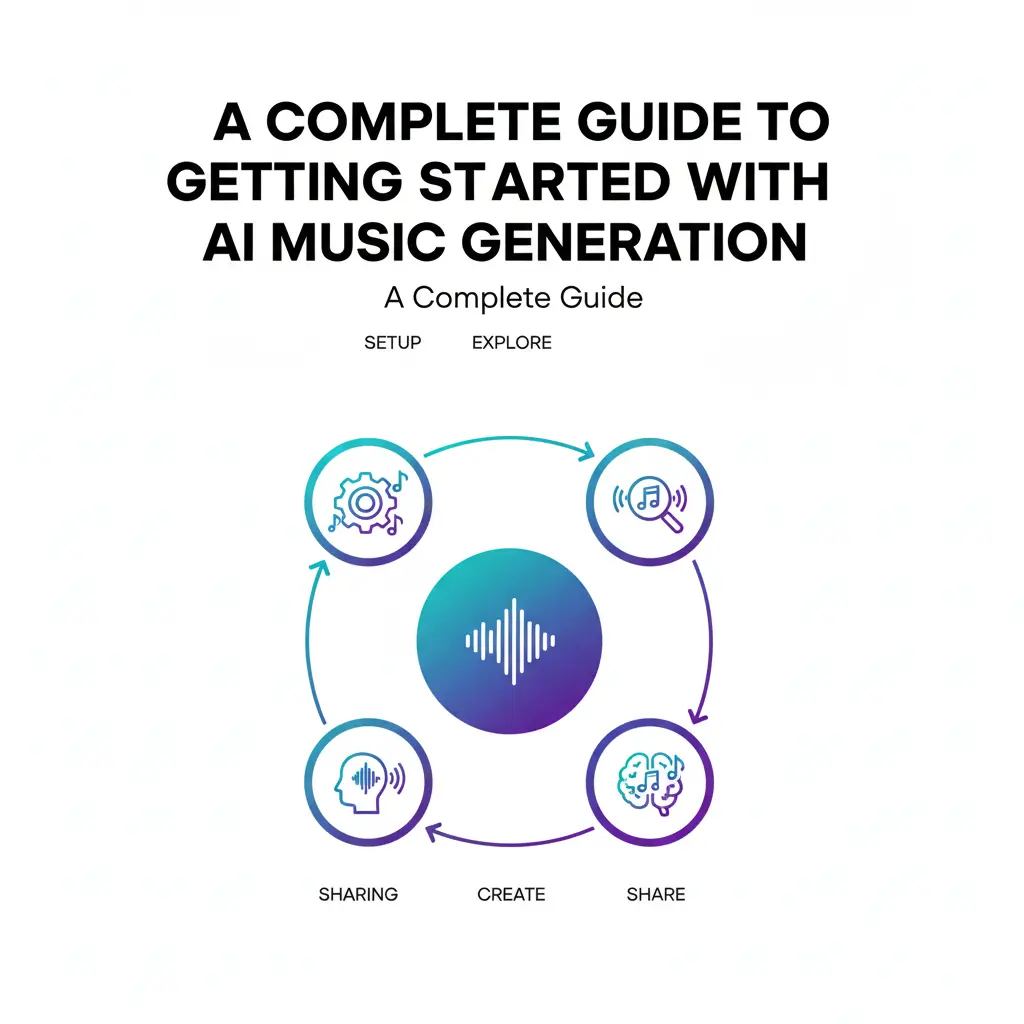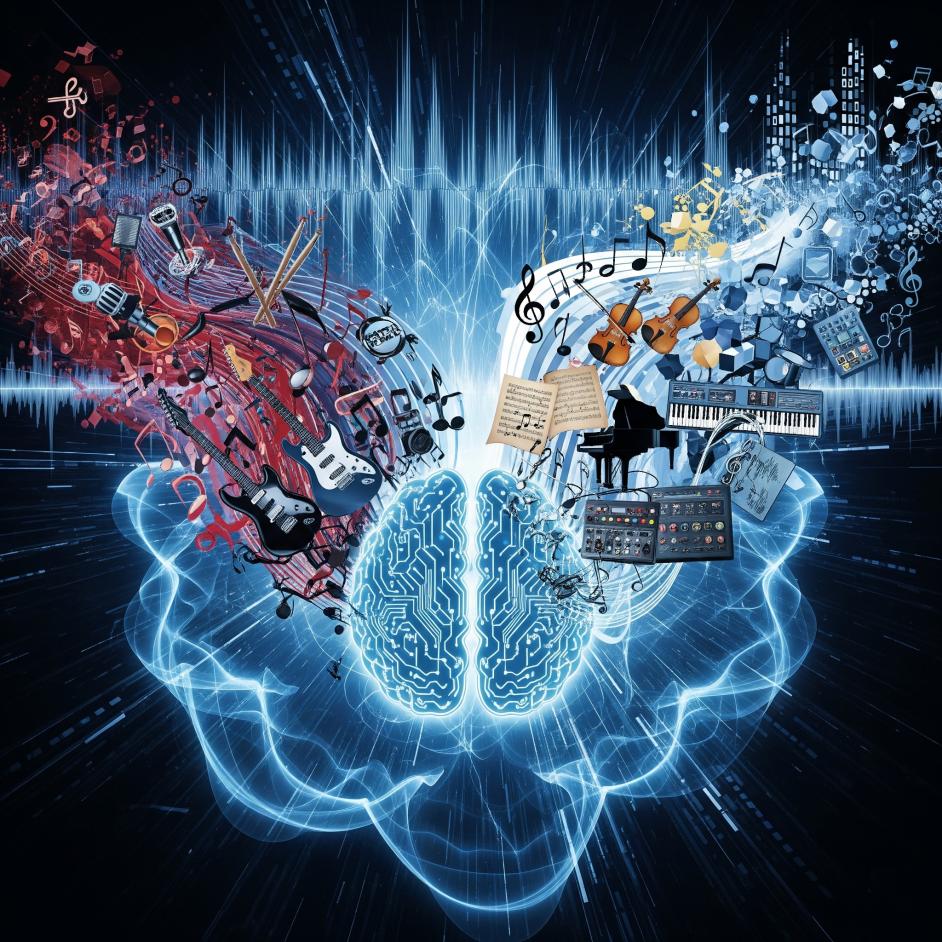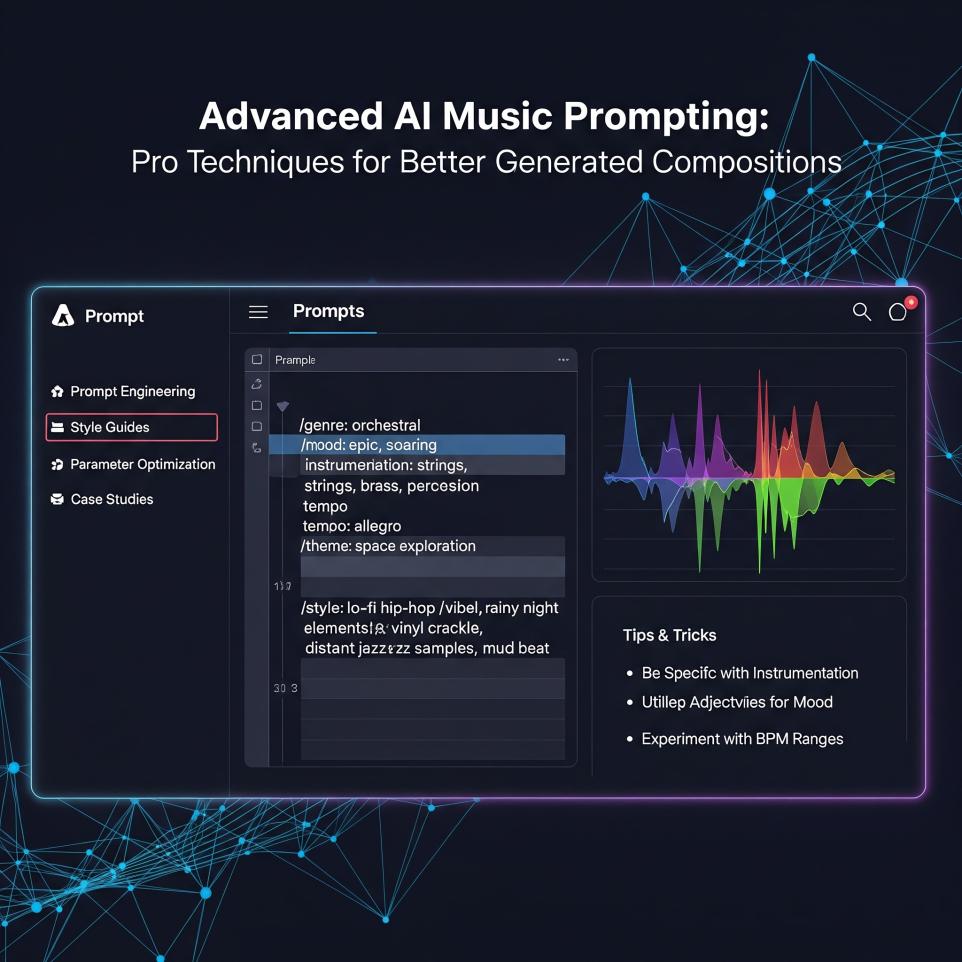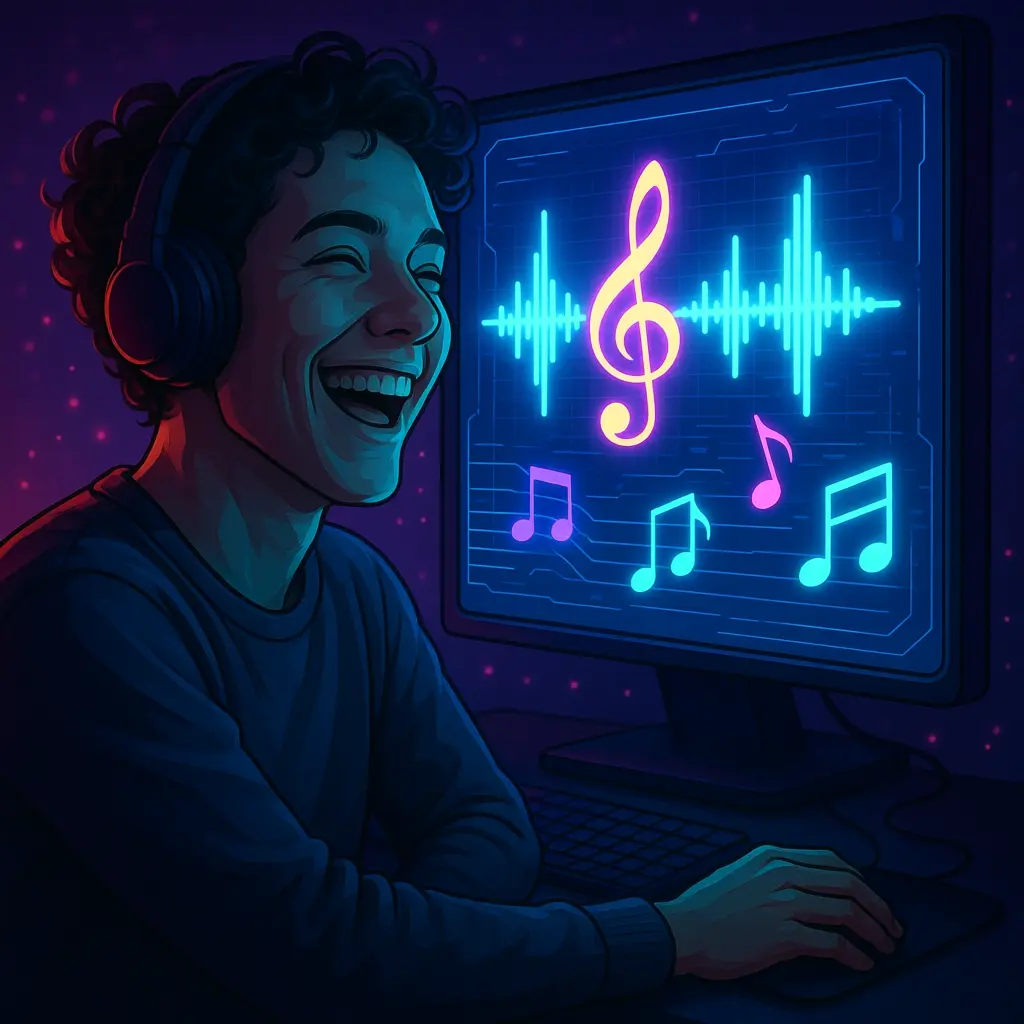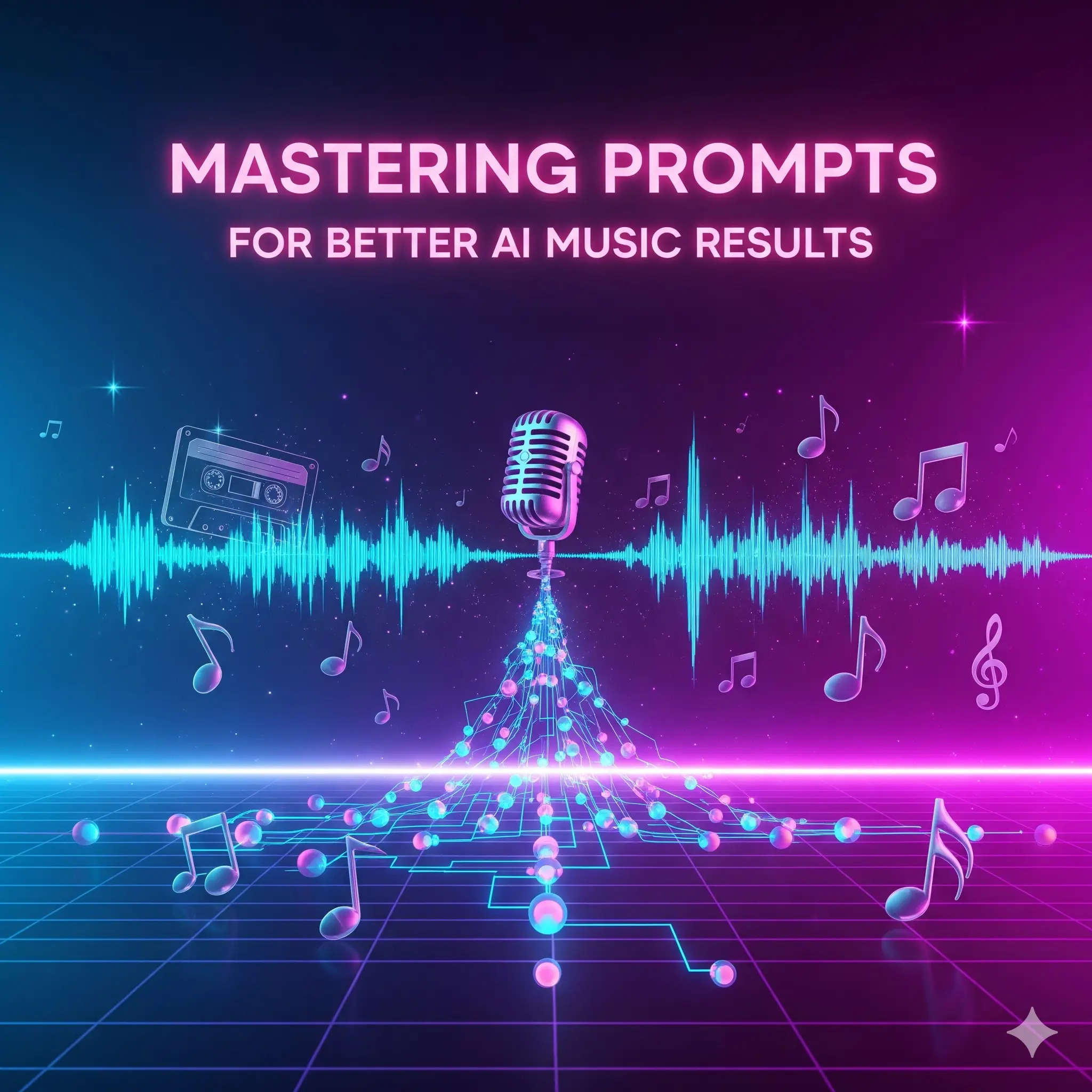
Welcome to our comprehensive guide on Getting Started with AI Music Generation: A Complete Guide. This article explores the cutting-edge developments in AI music technology.
Introduction
The intersection of artificial intelligence and music creation represents one of the most exciting frontiers in modern technology. As we delve into this topic, we'll explore how AI is not just mimicking human creativity but pushing the boundaries of what's possible in music composition and production.
The Technology Behind the Magic
At the heart of AI music generation lies sophisticated neural networks trained on vast datasets of musical compositions. These systems analyze patterns, structures, and the subtle nuances that make music emotionally resonant. Through machine learning algorithms, AI can understand complex musical relationships including harmony, rhythm, melody, and even genre-specific characteristics.
The process begins with data preprocessing, where millions of songs are analyzed and broken down into their fundamental components. This includes everything from chord progressions and melodic patterns to instrument timbres and production techniques. The AI then learns to recognize these patterns and generate new combinations that maintain musical coherence while introducing creative variations.
Current Applications and Use Cases
Today's AI music technology serves various purposes across the industry. Film composers use AI to quickly generate background scores that match specific moods. Game developers employ AI to create dynamic soundtracks that adapt to gameplay. Independent artists leverage these tools to overcome creative blocks and explore new sonic territories.
Professional music producers are finding AI particularly useful for tasks like stem separation, mixing assistance, and mastering. These applications don't replace human creativity but augment it, allowing artists to focus on the creative aspects while AI handles technical execution.
The Creative Process
Creating music with AI involves a fascinating blend of human intuition and machine capability. Users typically start with parameters or prompts that guide the AI's creative process. These might include genre specifications, mood descriptors, instrument preferences, or even reference tracks. The AI then generates initial compositions which users can refine, edit, and personalize.
What makes this process particularly exciting is the element of surprise. AI often produces unexpected combinations and progressions that human composers might not naturally consider, leading to innovative musical ideas and fresh perspectives on familiar genres.
Quality and Authenticity
One of the most debated aspects of AI music is its authenticity and emotional depth. Critics argue that AI lacks the human experience necessary for truly moving compositions. However, recent developments show AI becoming increasingly sophisticated at capturing emotional nuances and creating music that resonates with listeners on a deep level.
